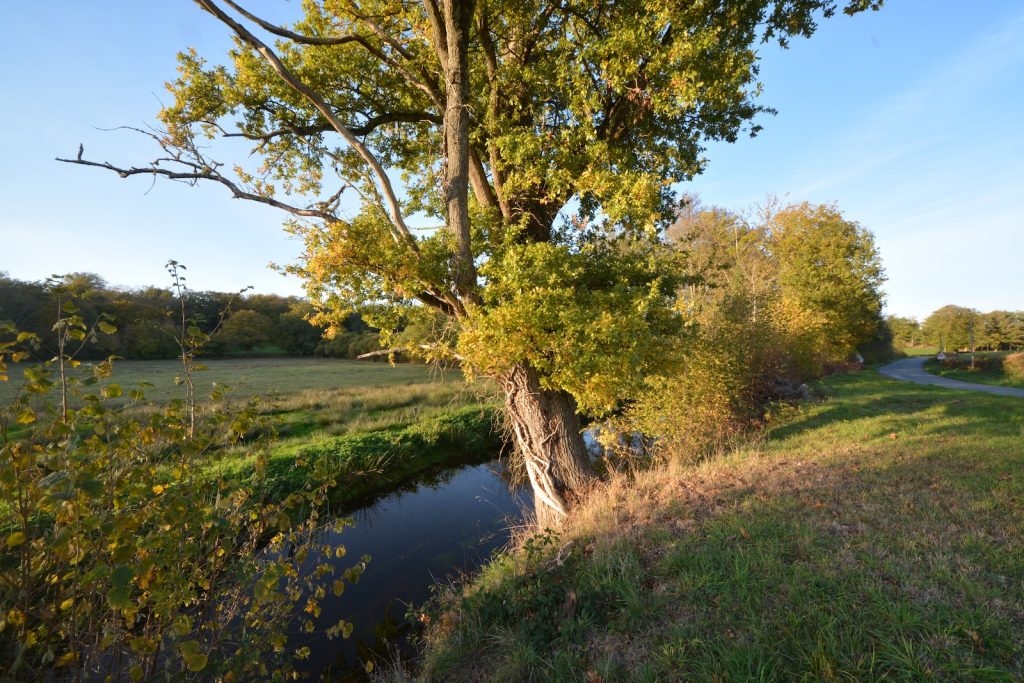In the realm of investing, the concept of balancing profitability and ethical considerations can be a delicate tightrope to walk. Nowhere is this balance more crucial than in the field of conservation investments. As individuals and institutions become increasingly aware of the environmental challenges we face, there is a growing desire to invest in projects that not only generate financial returns but also contribute to the protection and preservation of our planet’s natural resources.
The Rise of Ethical Investments in Conservation
Ethical investments, also known as sustainable investments or impact investments, have gained significant traction in recent years. These investments prioritize positive environmental and social outcomes alongside financial returns. The field of conservation has benefited greatly from this paradigm shift, as investors recognize the importance of allocating resources toward projects that address pressing environmental issues.
By investing ethically in conservation, individuals and institutions can actively contribute to wildlife protection, reforestation, renewable energy, sustainable agriculture, and other initiatives that promote environmental sustainability. However, striking the right balance between profitability and ethical considerations requires a thoughtful approach that considers various factors.
Identifying Profitable Conservation Opportunities
When seeking profitable conservation investments, it is crucial to consider projects that align with long-term market trends and have the potential for financial growth. For example, renewable energy projects have gained momentum as a lucrative investment, driven by increasing global demand for clean energy solutions and the transition away from fossil fuels. Investing in solar, wind, or hydroelectric projects not only generates profits but also contributes to reducing carbon emissions and combating climate change.
Similarly, sustainable agriculture presents a compelling opportunity for investors. With the world’s growing population and the need to feed more mouths sustainably, innovative agricultural practices such as organic farming, vertical farming, and regenerative agriculture are gaining attention. By supporting these practices, investors can contribute to preserving biodiversity, protecting soil health, and promoting environmentally friendly food production.
Real estate investments also offer avenues for profitable conservation initiatives. Conservation-minded developers and investors can focus on projects that prioritize environmental sustainability, such as green building certifications, energy-efficient designs, and the preservation of natural habitats within the development process. These projects not only generate financial returns but also contribute to reducing carbon footprints and preserving ecosystems.

Assessing Ethical Considerations
While profitability is a crucial aspect of any investment, ethical considerations play an equally significant role in conservation investments. Investors must carefully evaluate the impact of their investments on the environment, wildlife, and local communities.
One key ethical consideration is the conservation impact of the investment. Investors should assess whether the project contributes to the protection of endangered species, the restoration of ecosystems, or the reduction of harmful environmental practices. Understanding how the investment aligns with conservation goals ensures that financial returns are not achieved at the expense of ecological integrity.
Investors should also consider the social impact of their investments. It is essential to evaluate whether the project fosters community engagement, promotes social equity, and supports the well-being of local populations. By investing in projects that prioritize community involvement, job creation, and the preservation of cultural heritage, investors can ensure that their investments have a positive impact beyond financial returns.
Additionally, transparency and accountability are crucial ethical considerations. Investors should seek projects with clear reporting mechanisms that provide information on environmental and social performance. This transparency allows investors to monitor the impact of their investments and hold project managers accountable for their sustainability commitments.
The Role of Certification and Standards
Certification and standards play a vital role in ensuring that conservation investments meet ethical considerations and contribute to both financial returns and environmental and social sustainability. Various organizations provide certifications and standards that assess the environmental and social impact of investments, offering a framework for responsible investing.
For example, the Forest Stewardship Council (FSC) certifies sustainably managed forests, providing assurance that timber products come from responsibly harvested sources. Similarly, the Leadership in Energy and Environmental Design (LEED) certification ensures that buildings meet stringent sustainability standards and reduce their environmental footprint. By investing in projects with recognized certifications, investors can confidently support initiatives that prioritize ethical considerations.
Conclusion
Balancing profitability and ethical considerations in conservation investments is not an easy task, but it is a necessary one. As the world grapples with environmental challenges, the role of ethical investments in supporting conservation efforts cannot be overstated. By identifying profitable opportunities that align with long-term market trends and assessing ethical considerations, investors can contribute to the protection of wildlife, the preservation of ecosystems, and the well-being of local communities.
Investing in conservation not only generates financial returns but also creates a positive impact on the planet. By supporting projects that prioritize sustainability, investors can drive meaningful change and ensure that profitability and ethical considerations go hand in hand. The future of our planet depends on finding the right balance, and ethical investments in conservation are key to achieving this delicate equilibrium.
































